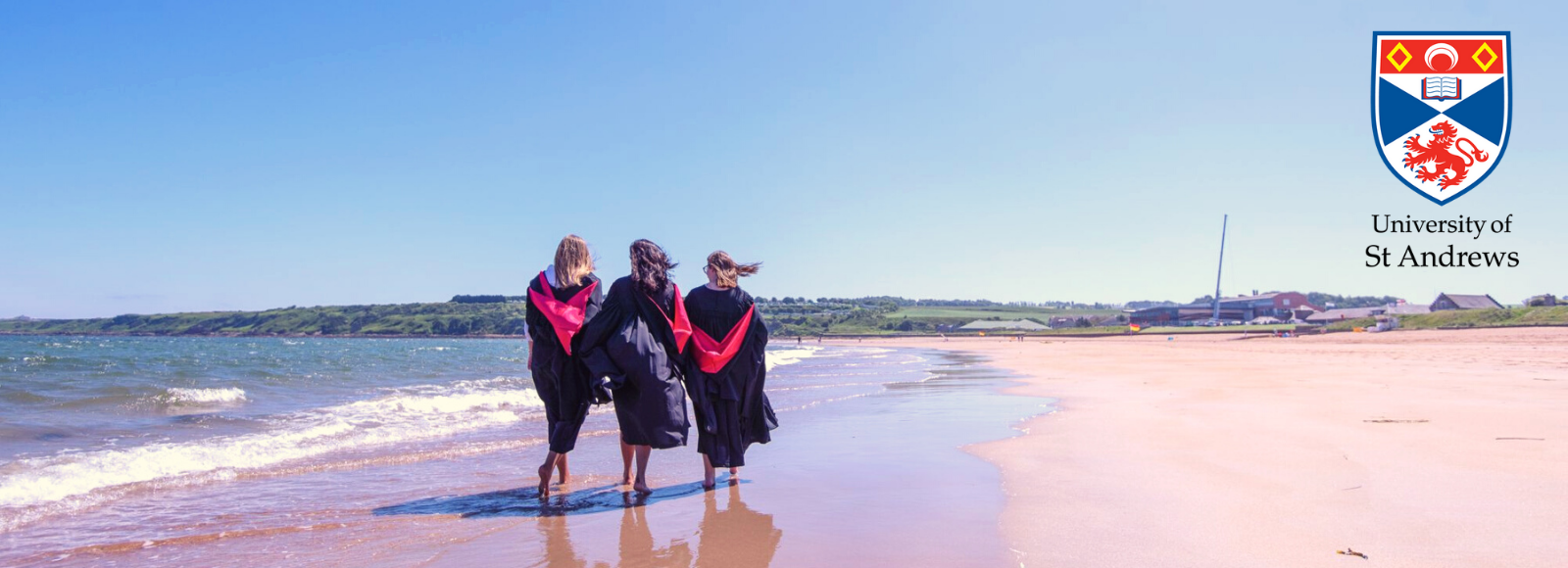- ...
Postgraduate Studentships - Search for funding opportunities.
Postgraduate Studentships - Search for funding opportunities.
The online PGDip and MLitt in Bible and the Contemporary World is a part-time learning programme that connects biblical and theological studies with other disciplines in the arts, humanities and social sciences.

The School of Divinity encourages applications from those who have an undergraduate degree in any subject, and recognises that in some cases this may have been attained a number of years ago.
A 2.1 Honours undergraduate degree is normally expected, but if your degree classification is lower, you should indicate more recent, perhaps informal, learning in your letter of intent. You do not need to have a degree in Theology or Biblical Studies in order to apply for a place on this programme; however, all applicants will be expected to have sufficient knowledge to equip them for postgraduate level of study in this area. Prospective applicants who are unable to offer a 2.1 Honours degree are invited to have discussions in advance with the course director: email divinitydistance@st-andrews.ac.uk.
If you studied your first degree outside the UK, see the international entry requirements.
The qualifications listed are indicative minimum requirements for entry. Some academic Schools will ask applicants to achieve significantly higher marks than the minimum. Obtaining the listed entry requirements will not guarantee you a place, as the University considers all aspects of every application including, where applicable, the writing sample, personal statement, and supporting documents.
Application requirements
If you have graduated from the University within the last three academic years, you may be eligible for a 15% discount on postgraduate taught tuition fees. Terms and conditions apply.
The University of St Andrews is committed to attracting the very best students, regardless of financial circumstances.
Students on this programme are often already in employment. Others have gone on to work in the charitable sector and to further studies. Previous students have had professional occupations in:
The Careers Centre offers one-to-one advice to all students as well as a programme of events to assist students in building their employability skills.
Semester 1
Semester 2
Semester 1
Semester 2
Semester 3
Dissertation
MLitt students take a fourth module for their dissertation, and attend its associated study week in St Andrews. Dissertations will be supervised by members of the teaching staff who will advise on the choice of subject and provide guidance throughout the research process. The completed dissertation of 15,000 words must be submitted at the end of the course.
Those on the PGDip programme will finish their studies after the third semester, and suitably qualified candidates will be awarded a Postgraduate Diploma.

Scotland’s first university, an experience like no other Masters programmes to help you find your future. Are you looking to earn an outstanding pos...
Sign up to Postgraduate Studentships
Sign up to compare masters
Thanks for making your selection. Click below to view your comparisons.